Alzheimer’s disease is the seventh leading cause of death in the world, and sixth in the United States. The most common cause of dementia, Alzheimer’s is a progressive neurological disorder that causes brain cells to die and the brain itself to shrink. Every aspect of an individual’s core self can be impacted, including their memory of recent events, personality, thinking and problem-solving abilities, and communication through speech.
Much like Parkinson’s disease, there is no cure or reversal for Alzheimer’s. It’s the only leading cause of death that can’t be prevented or slowed through medical treatment or lifestyle changes. However, research continually shows that cognitive decline can be prevented with lifelong healthy habits like:
- Quitting smoking
- Exercising regularly
- Keeping your brain busy with classes, social connections, and problem-solving activities
- Building a diet that’s rich in nutrients and low in fat
- Seeking treatment for mental health concerns like anxiety or depression
Doctors and researchers are working hard to develop, prescribe, and build upon treatment methods that alleviate cognitive and behavioral symptoms. Advances in research, clinical trials, testing, and imaging technologies are making early identification and disease management into plausible reality. Genetic tests can identify someone’s risk for early-onset Alzheimer’s, and imaging technologies can identify early deposits from the amyloid-beta protein, an indicator of the disease. These methods would enable doctors to diagnose Alzheimer’s in its preclinical stage, before symptoms have appeared. In fact, changes in the brain can begin more than 20 years before Alzheimer’s is diagnosed.
More than six million Americans live with Alzheimer’s. An additional 15 million people are caregivers for someone with Alzheimer’s. The Alzheimer’s Association provides a helpful template for approaching a loved one with concerns about changes in their mental processing that could be associated with dementia.
Although not every memory-related glitch is a sign of Alzheimer’s, starting the conversation about any brain health worries is important. Problems with memory or comprehension have various different causes, so medical evaluation is necessary to diagnose and treat the specific issue. A primary care provider is often a good place to start. The providers at Roseman Medical Group are dedicated to providing compassionate patient care and offer a broad base of expertise, including neurology.


